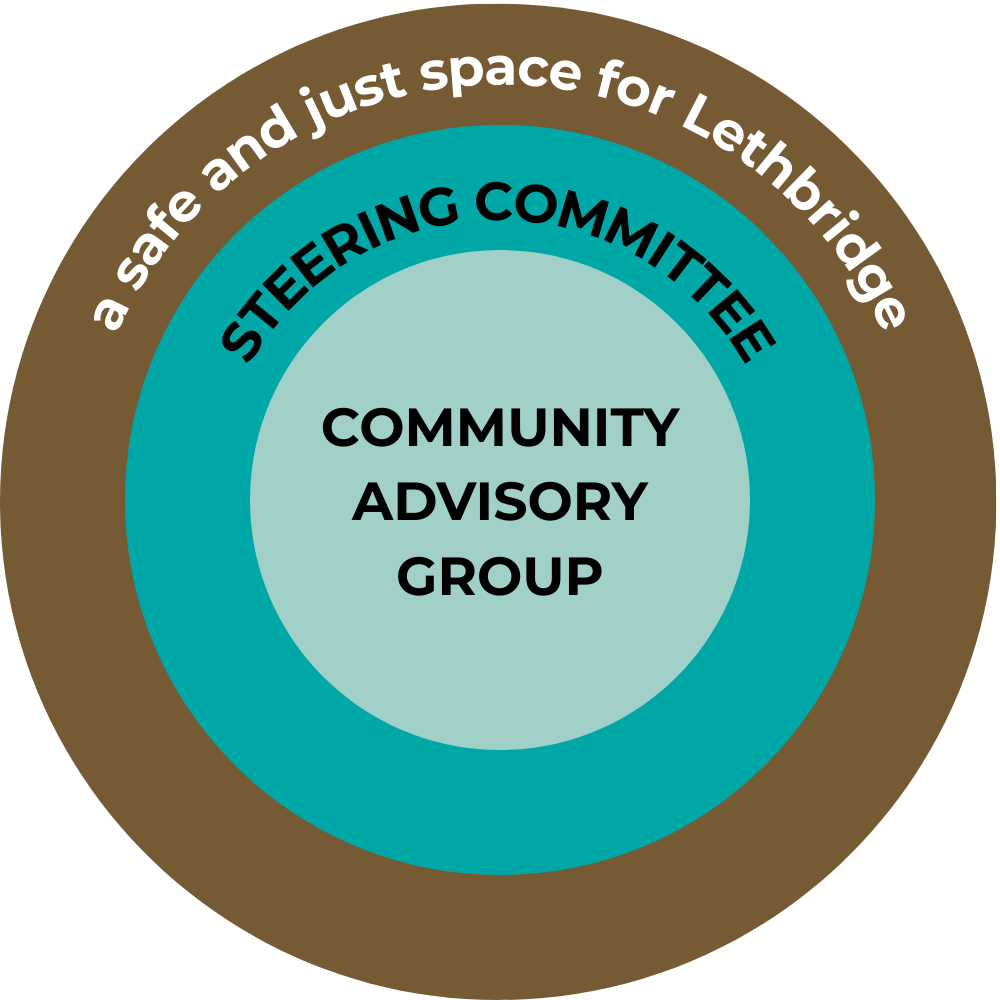Imagine Lethbridge was born in 2020, in response to growing concerns around community health, housing insecurity, health disparities, environmental sustainability, and growing inequality.
During this time, community conversations showed a deep need to rethink how we measure success and well-being in our city.
Drawing inspiration from the Doughnut Economics model, Imagine Lethbridge became a grassroots movement to envision a different future — a city where people and the planet can thrive together.
To make Lethbridge the healthiest city in Canada in which to live, thrive, and age well.
is to act as a catalyst to create a community driven collaboration that establishes Lethbridge as a city where people can meet their needs in a thriving community within our social, economic, and environmental capacity.
Guided by the Vision and Mission and aligned with the Principles of Doughnut Economics, Imagine Lethbridge is grounded in the following values and principles:
1. Community Driven: We value the input and involvement of our community as a whole system.
2. Health and Well-Being: We prioritize the health and well-being of our citizens, our environment and our economy.
3. Inclusive and Compassionate: We promote a culturally inclusive, equitable, diverse, and compassionate community.
4. Future focused: We embrace innovation, learning and improvement, and seek opportunities to thrive through collaboration, research, and evidence-based development.
5. Economically sustainable: We promote an inclusive, balanced approach to creating a regenerative and distributive economy where all can meet their needs and live with dignity.
6. Environmentally responsible: We promote a regenerative, restorative, resilient and sustainable approach as stewards for the environment and the Planet.
To move “Imagine Lethbridge” forward and embrace the Doughnut Economy, the critical next steps identified by the Community Leaders at the Forums are as follows:
Provide Opportunities for Education
It’s important to educate more people about the Doughnut Economy. This can be done through workshops, seminars, and public forums where everyone can learn about its principles and benefits.
Continuous Education
Keep educating the community about the Doughnut Economy. Regular efforts to inform people will emphasize its benefits and potential impact on the community.
Expose Possibilities
Show people the practical applications of the Doughnut Economy. When they see how it can be used in real-life situations, they will be more inspired to act.
Engage Schools and Youth
Extend the sessions to school districts and incorporate teachings about the Doughnut Economy into high school curricula. Educating the younger generation ensures long-term commitment and understanding.
Share Learnings
Enhance the sharing of successes and learnings so far. Transparency and collective progress are key to building a strong community foundation.

A group of 5–12 members providing strategic leadership, guiding alignment with Doughnut Economics, and managing operations and financial stewardship.
A larger, flexible group providing subject matter expertise and representing diverse community voices.
